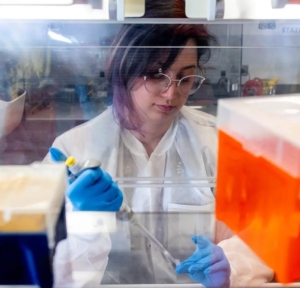With growing concerns about the lack of transparency in global supply chains, companies are increasingly turning to technologies such as DNA tracing, artificial intelligence and blockchains to track the journey of raw materials from source to store.
US companies must prove that their goods were made without forced labor. Otherwise, these goods will be confiscated at the border. US customs officials said in March that they had already seized nearly $1 billion worth of shipments to the US that were suspected of having links to the region of China, from where the products have been banned since last June.
Customers also demand proof that expensive and high-quality products are genuine and ethically and environmentally sustainable.
This has forced companies to prove the real origin of the products. The international supply chains that companies have built to cut costs in recent decades have become very complex. A large multinational company may purchase materials or services from thousands of suppliers around the world. One of the largest such companies, Procter & Gamble, which owns brands such as Tide, Crest and Pampers, has nearly 50,000 direct suppliers. Each of these suppliers may in turn rely on hundreds of other companies.
Some companies, for example, spray DNA mist on the raw material of products to trace its journey from factories to consumers. It can be used to find out where the cotton for jeans comes from.
For example, some companies use blockchain technology to create a digital identifier for each product a factory produces. As that product—say, a jar of caviar or a batch of coffee—moves through the supply chain, its digital twin is encoded with information about how it’s been transported and processed, providing a transparent log for businesses and consumers.
Many companies also use artificial intelligence to sift through vast networks of suppliers to identify product links to banned entities or detect unusual trading patterns. Such investigations would take years without AI.
Source: The New York Times

